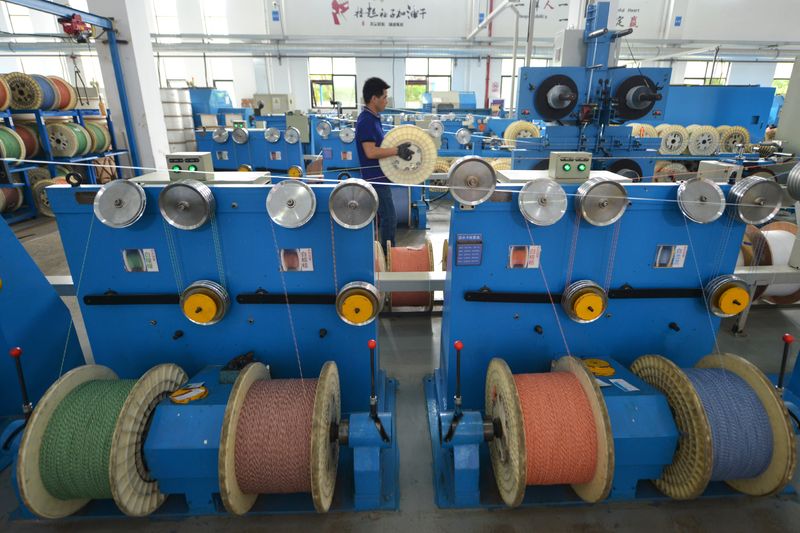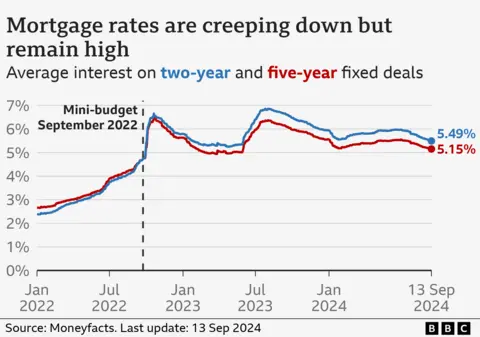A strike at Boeing has cast doubt on the company’s production goals for the 737 Max and raised the spectre of a cash crunch, as its chief financial officer on Friday said the company would fight to preserve its investment-grade credit rating.
Boeing’s investment-grade rating is crucial to its operations and losing it would be a serious blow, meaning the company could face a punishing increase in borrowing costs given a debt load that has swelled to $53bn. The options to keep it would likely include some kind of securities offering to shore up cash.
About 33,000 workers with the International Association of Machinists District 751 walked out at 12:01am on Friday after rejecting a tentative agreement with the company. Chief financial officer Brian West said Kelly Ortberg, the new chief executive is “personally engaged” in addressing the situation.
In June and July Boeing had been building roughly 25 Maxes a month, with plans to raise that to 38 by the end of the year. But West told investors on Friday that “now, obviously, that is going to take longer”.
“I can’t comment on 38 per month,” he said. “That rate is so dependent on the duration of the strike.”
Boeing’s share price closed down nearly 4 per cent at $156.77.
The company has slowed production of the Max this year as it tries to improve the quality of its manufacturing process. Boeing has been scrutinised by regulators, prosecutors and the flying public since January when a door panel, which was missing several bolts, blew off a commercial jet midflight. The US Federal Aviation Administration has capped the group’s production at 38 a month.
The slowdown has cost Boeing billions in free cash flow. A lengthy strike would impede the company’s ability to deliver planes to customers, further hurting its cash flow.
The credit rating agencies are closely watching Boeing’s deliveries and ability to generate cash. All three have the group rated one notch above junk, on a negative outlook. Moody’s on Friday said it had placed the company on review for a downgrade.
“Boeing’s investment-grade credit rating has limited headroom for a strike,” said Fitch Ratings analyst Dino Kritikos. “If the current strike lasts a week or two, it is unlikely to pressure the rating. However, an extended strike could have a meaningful operational and financial impact, increasing the risk of a downgrade.”
When asked if Boeing may raise debt or equity before early 2025, West said the company had two priorities: keeping its investment-grade rating and stabilising its supply chain and factory floor.
“That last objective just got harder based on last night,” he said. “So we are perfectly comfortable to supplement our liquidity position to support these two objectives.”
West said it has told suppliers which are not behind on their deliveries to stop shipping to Boeing’s factories in Renton, Washington. Supply schedules remain untouched for the group’s South Carolina plant, which builds the 787 and is not unionised.
The work stoppage is “disappointing”, West said, “because things were starting to move in the right direction”.
“We’re working every responsible lever to do what’s right to conserve cash,” he said. “Our expectation — and I don’t have any timetable — is to want to get back to the table and hammer out a deal.”


















































